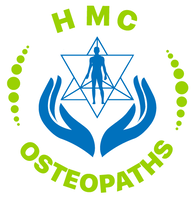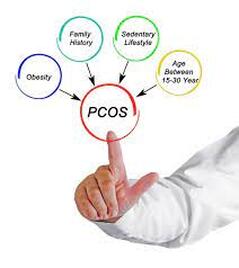 By Liam Neyland I thought it would be important to discuss a condition that not many people would know or be aware of. This condition is Polycystic ovary syndrome (PCOS) is a common endocrine disorder that affects women during their reproductive years. It is estimated that around 1 in 10 women suffer from this disorder. Currently it is one of the leading causes of infertility despite many females going through life being undiagnosed. Unfortunately not much is known about the condition but it can be characterised by a combination of symptoms, including irregular or absent menstrual cycles, excess androgen production, and polycystic ovaries. I will be providing further information about this condition discussing common symptoms, causation, diagnosis as well as treatment options. 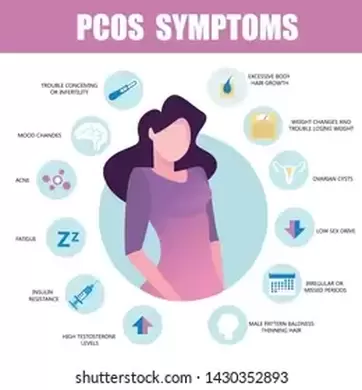 What are the symptoms of PCOS? Like many conditions that women further from symptoms can be wide spread and in many cases can vary from woman to woman. Some of the most common symptoms include: Irregular or absent menstrual cycles Excess hair growth Acne Weight gain, especially around the abdomen Difficulty getting pregnant Infertility Thinning hair Ovarian cysts Metabolic problems, such as insulin resistance, diabetes, and high cholesterol 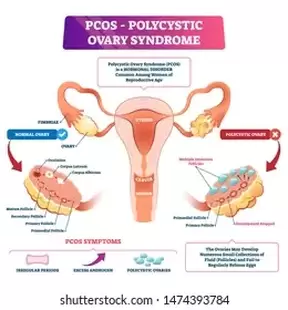 What causes PCOS? The exact cause of PCOS is currently not fully understood by the scientific community, but it is thought to be a combination of genetic and environmental factors. Some of the factors that may increase the risk of developing PCOS include: Family history Being overweight or obese Having a high-sugar diet Not getting enough exercise How is PCOS diagnosed? There is no single test that can diagnose PCOS. Due to this many women have to go through a long line of examination and tests to rule out other causes. A doctor will typically diagnose PCOS based on a combination of symptoms, medical history, and physical exam. They may also order blood tests to check hormone levels and ultrasound to look for ovarian cysts. How is PCOS treated? There is no cure for PCOS, most treatment is aimed to address symptom management. Treatment for PCOS will vary depending on the individual woman's symptoms and overall health. Some of the treatment options for PCOS include: Medications to regulate hormones, such as birth control pills, metformin, or spironolactone Lifestyle changes, such as losing weight, eating a healthy diet, and exercising regularly Infertility treatments, such as ovulation induction or in vitro fertilization (IVF) What about my mental health? PCOS can have a significant impact on a woman's self-esteem. It is important to remember that you are not alone and that there are many things you can do to help in regaining confidence in yourself. Here are a few tips: Find a support group or community of women with PCOS. Talk to your doctor about your concerns about your appearance. Make lifestyle changes that will help you feel better about yourself, such as losing weight, eating a healthy diet, and exercising regularly. Focus on your strengths and positive qualities. Remember that you are beautiful, regardless of your PCOS symptoms. How can an Osteopath help? When treating PCOS, it is best that a multi-disciplinary approach is used. Where a range of health professionals including your GP work together to provide the best possible care for you. Osteopathy would provide a range of hands on, non-invasive treatment methods to best optimise the body’s natural function. If you or anyone you may know is suffering from PCOS and think Osteopathy may be helpful. The team at HMC are more then qualified to answer any questions and help you along your health journey.
1 Comment
|
HMC TEAMIf you find something of interest that might suit this space, or would like information on a specific topic, let us know at [email protected]
Archives
December 2023
Categories |
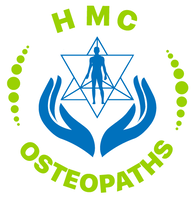
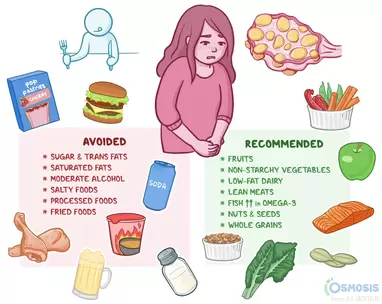
 RSS Feed
RSS Feed
